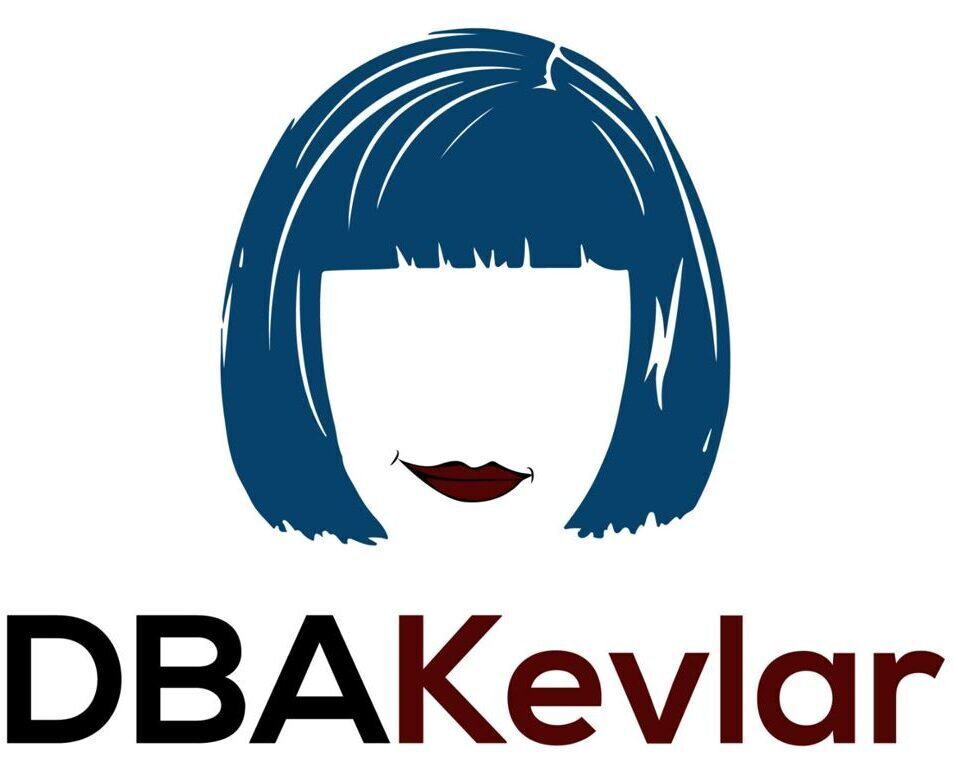Thanks to those that attended of the over 1600 registrations for the Microsoft webinar yesterday on the future of the DBA in the Cloud. This was a fun session for me, as I got to demo one of my favorite skill areas since starting at Microsoft- automation of cloud deployments in Azure.

Bash’in it
Its natural that others would be doing this, but I’m writing all my main scripts in BASH, which prepares the environments, calls the Azure CLI commands and then other scripts, (Power Shell, Json Templates, etc.) from the main “wrapper” script. I’m also deploying, not only the infrastructure or databases, but logical objects and data as part of my deployment, so its pretty fun as this evolves.
So Many Questions
While the pre-recorded webinar was presented to attendees, I was busy answering questions from them. There were so many, that I and two others were barely able to keep up with the sheer onslaught! There were a significant number of questions surrounding certifications for DBAs and developers around Azure certification and how to know what certifications to get and what the path is to achieve certification. I’d like to first point out this great URL from Microsoft learning that can assist:
https://www.microsoft.com/en-us/learning/browse-all-certifications.aspx?certificationtype=role-based
This site, depending on the role and area you are interested in, will create a certification path for the specialist. I think it will provide the answers that many were looking for during the webinar, but if there are more questions around certifications, please don’t hesitate to post in the comments below.
A second set of questions were around what to study if going to migrate to Azure. The first recommendation is to become familiar with the SQL Server Migration Assistant. This tool is incredibly robust and versatile. I use it with customers to ease migration woes from not just SQL Server on-prem to the cloud, but also Oracle, DB2 and even WID, (Window Internal Databases, yeah, those are the databases behind Windows servers) migrations.
This tool will provide you with a full review of your current environment, what definite and potential issues you need to address before you can migrate over the DDL to an Azure DB in the cloud. Once you are happy, it can perform the migration. Once the migration of the DDL is complete, then it can then identify how much data and migrate the data over. As these are single insert processes, I recommend “unchecking” the few “whale in the pond” tables and manually migrate those tables with a different tool, such as AZ Copy via blob storage, Azure Fast Data Transfer or even a BCP process with blog storage.
Skills
Next, on professional skills outside of certification- Azure is on Linux and unlike other database platforms that have always run on Linux, you may not have a Linux admin that can support you, so you may need to know more starting out. Consider learning Linux administration fundamentals, not just how to manage a database on Linux.
For language skills, learn BASH and Python. Both languages are going to support you for the long haul. That’s not saying that your Power shell scripts aren’t going to be transitioned over to Linux hosts. Start working with the Azure Cloud Shell now, creating Cloud storage to migrate your scripts over and update them to support Azure. Learning BASH, as it is a more mature scripting language, (its just older and has a ton of other Unix scripting languages that have fed into it…) will make you more effective.
Python is taking over the world by storm, not just in data science, but in DevOps, too. I do feel that DBAs will be more involved in DevOps in the future and should acquire the skills to make them more valuable to these teams.
Hopefully the following links help get you started and thank you again for attending the webinar. Hopefully we’ll have another one very soon!



